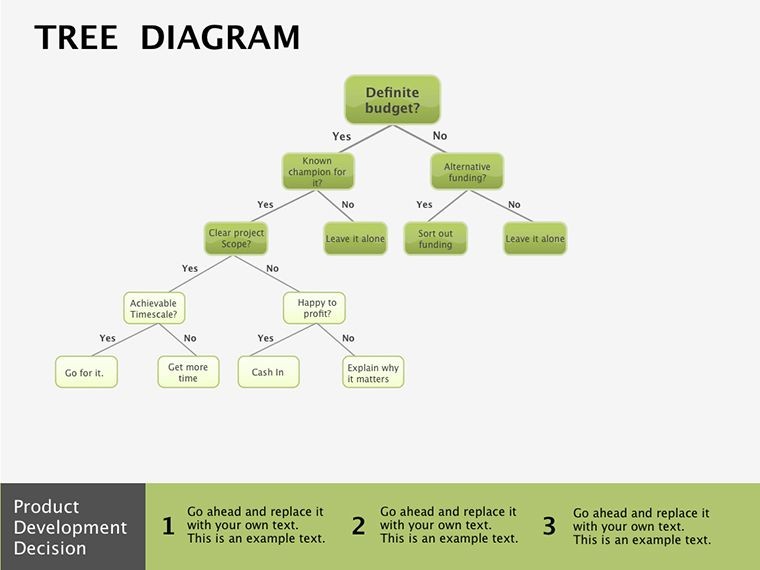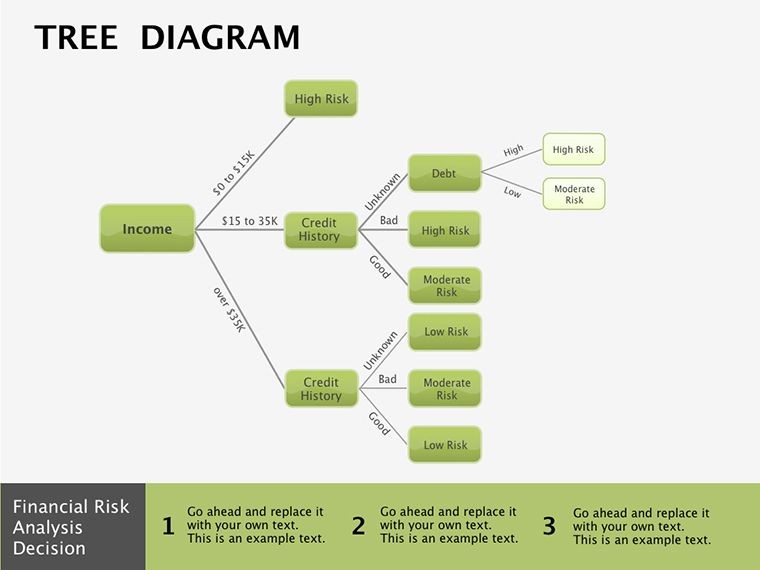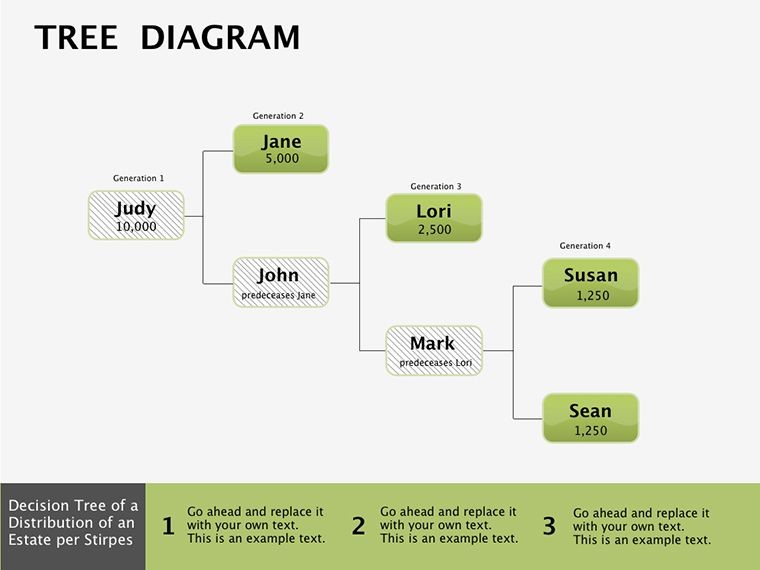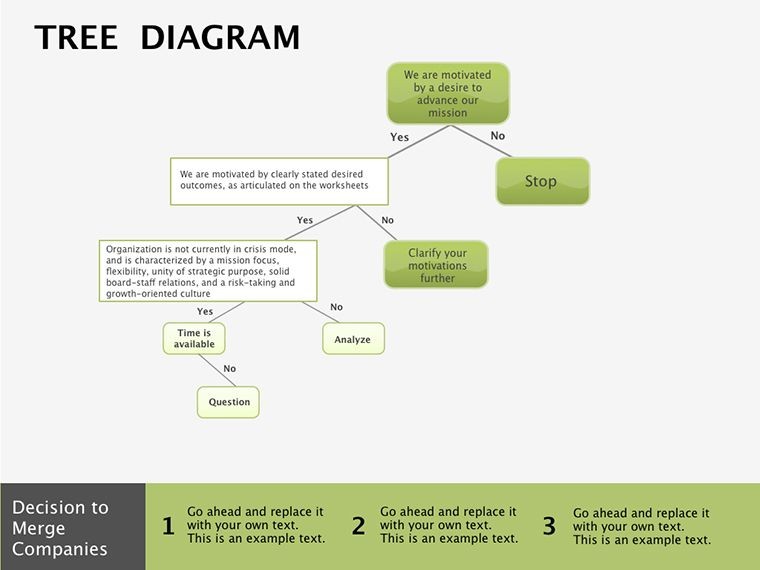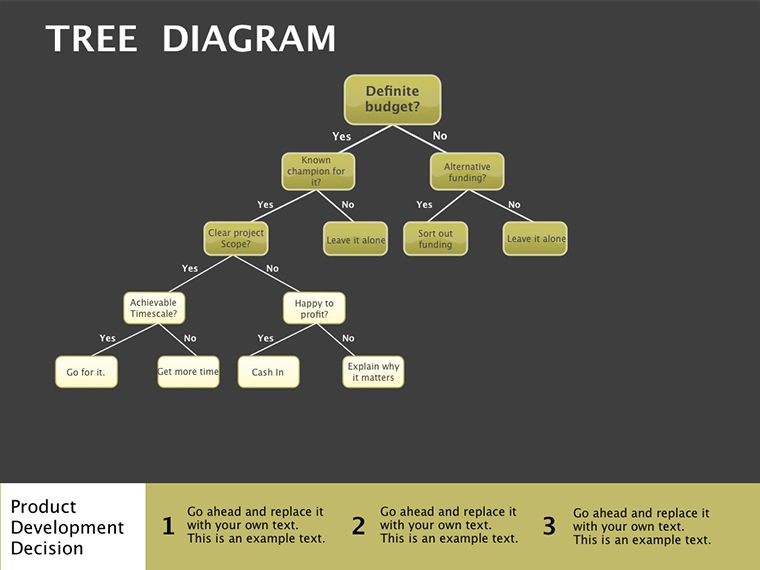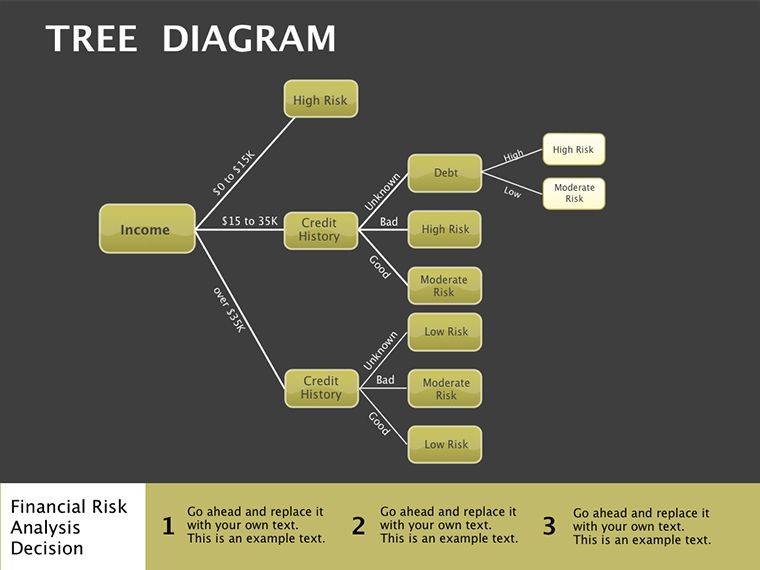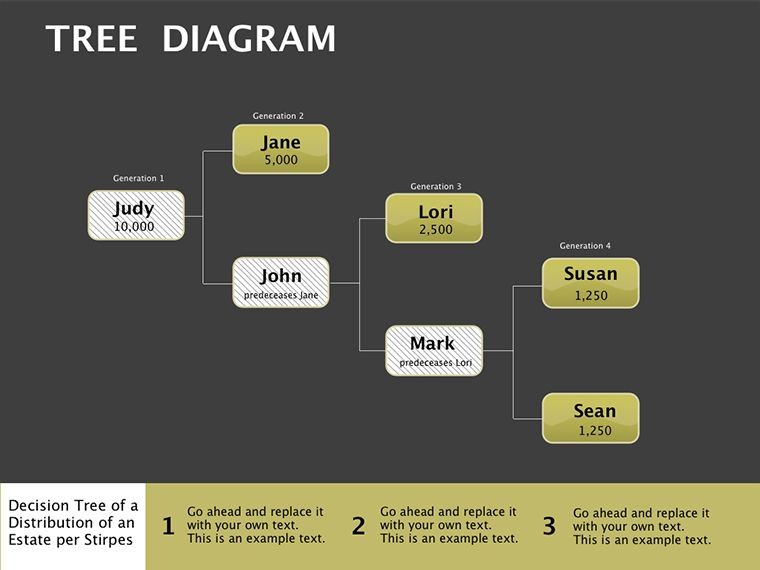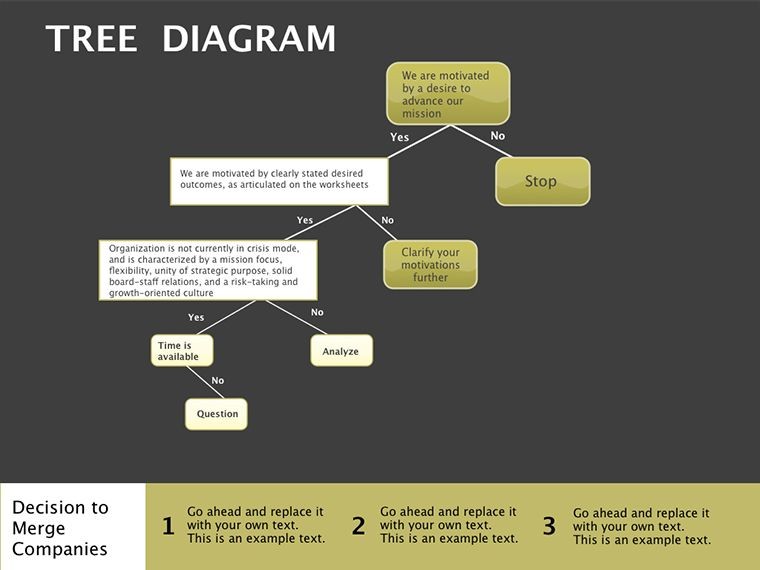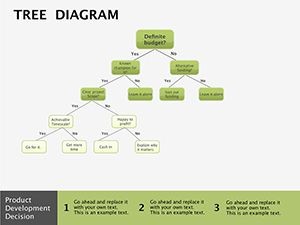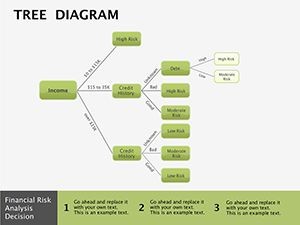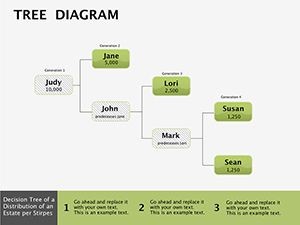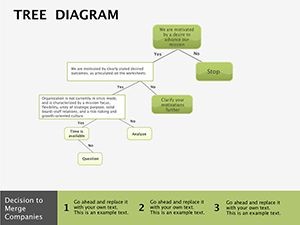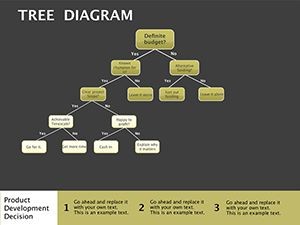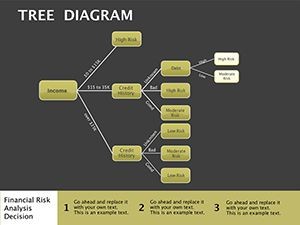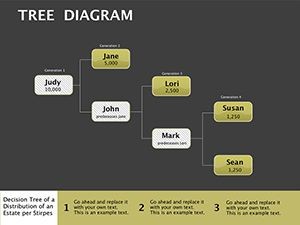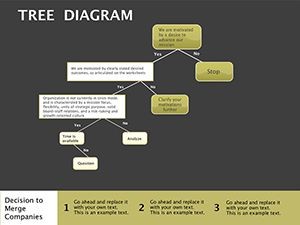Promo code "00LAYOUTS"
Tree Block Diagram Keynote Template for Systems
Type: Keynote Diagrams template
Category: Tables
Sources Available: .key
Product ID: KD00083
Template incl.: 8 editable slides
In the world of intricate systems - be it software architectures or operational workflows - clarity can feel elusive. Enter the Tree Block Diagram Keynote template, an eight-slide powerhouse that distills complexity into elegant, interconnected blocks. Designed for Keynote users tackling diagramming challenges, this template transforms vague overviews into precise blueprints, helping you convey sub-functions and interfaces with unerring focus.
At heart, it's about unity: the root slide presents your system as a singular entity, then branches into detailed views where blocks stand for major components, linked by flowing arcs. Engineers diagramming network topologies or managers outlining supply chains will appreciate how these visuals foster understanding without the drag of dense text. Native to Keynote, the blocks are fully resizable paths, ensuring crisp renders on Retina displays or projected screens.
This isn't your everyday flowchart; it's a hierarchical storyteller, starting broad and zooming into specifics. Slide one sketches the whole tree, arcs pulsing like neural pathways, while later slides isolate branches for deep dives - think database integrations or workflow handoffs.
Building Blocks of Precision
The template's strength shines in its modularity. Each block is a smart shape: double-click to edit internals, add ports for arc connections, or fill with gradients to denote status - green for operational, red for bottlenecks. Arcs aren't static lines; they're bezier curves that bend intuitively, representing data flows or dependencies with directional arrows.
Versus basic Keynote diagrams, this offers pre-built hierarchies: slide 4's multi-level tree auto-expands sub-blocks on click in presentation mode, revealing layers progressively. Analysts praise the interface simplicity - group blocks for reuse across slides, maintaining arc alignments via Keynote's magic move.
Customization extends to themes: apply master slides for consistent block styles, or embed live charts within blocks for dynamic updates from Numbers sheets.
Mapping Real Systems to Slides
An IT architect might use slide 2 to depict a cloud migration: root block as legacy system, branches for microservices, arcs tracing API calls. It spotlights integration points, easing stakeholder buy-in.
In manufacturing, slide 6 illustrates assembly lines - blocks for stations, arcs for material transfers - highlighting efficiencies like just-in-time sequencing.
Project managers adapt slide 7 for risk trees: core block as project core, sub-branches for threats, curved arcs showing mitigation paths. This visual audit trail turns audits into actionable insights.
From Sketch to Stage: Your Workflow Guide
Open the .key file in Keynote. Slide 1 awaits: label the root block, then drag arc endpoints to child blocks - guides snap for accuracy.
For expansions, select a block on slide 3, choose Arrange > Break Apart, and insert sub-elements. Animate arcs with build-out effects to simulate flow during playback.
Integrate data: paste from Visio exports or draw.io, converting to native shapes via copy-paste special.
Finalize by duplicating the master for variants, then export as vector PDF for reports.
Diagramming Wisdom for Pros
Limit arc clutter: use dashed lines for optional paths, solid for essentials. For global teams, color-code blocks by region to bridge cultural gaps in reviews.
Channel thinkers like Edward Tufte - maximize data density per block while pruning extraneous arcs for that signal-to-noise edge.
Test scalability: zoom to 200% in edit mode; if arcs hold, your diagram's ready for any canvas.
Branch out your visuals - secure the Tree Block Diagram template today and root your presentations in clarity.
Frequently Asked Questions
What makes these blocks editable in Keynote?
Blocks are constructed from native shape paths, allowing text, color, and connection edits directly in the inspector.
Can arcs represent bidirectional flows?
Yes, double-arrowhead options on arcs handle two-way interfaces seamlessly.
How do I add more levels to the tree?
Duplicate sub-blocks and reconnect arcs; Keynote's layer manager keeps hierarchies intact.
Is it compatible with iPad Keynote?
Fully supported on iPadOS Keynote, with touch-friendly arc adjustments.
Can I import from other tools?
Yes, SVG imports convert well, preserving block structures for hybrid workflows.

